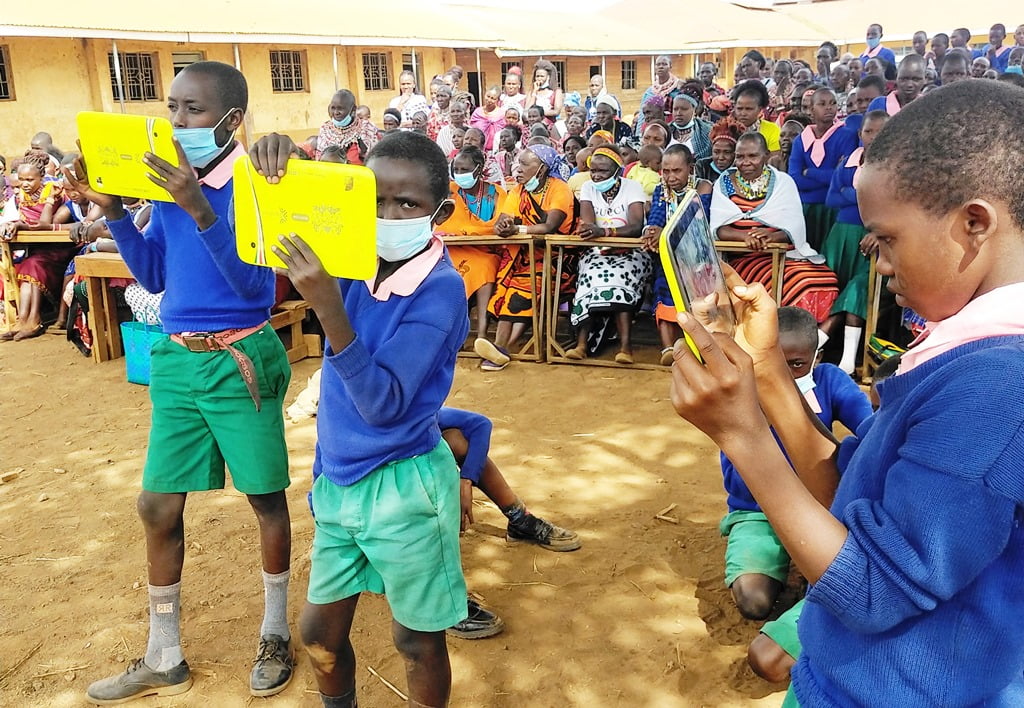Walk into any classroom in Kenya today, from the dusty corners of Turkana to the sleek smartboards of Nairobi and you’ll find something far more powerful than books, chalk or even technology; the human heart.
The teacher’s heart. The learner’s heart. The rhythm of learning beats strongest not in the head but in the heart. And yet, for too long, our education system has confused taming with training; discipline with domination, obedience with understanding, silence with wisdom.
For generations, Kenyan classrooms have been ruled by a kind of iron discipline that mistakes fear for respect. “Shut up and listen” “You think you know more than the teacher?” “You’re just a child” These echoes of authority have shaped millions. The result? Students who pass exams but fail to express themselves. Children who can recite definitions but cannot defend opinions. Graduates who know formulas but not freedom. Taming is about control. It’s the art of making learners conform; sit still, speak when spoken to, color inside the lines. It makes teaching easier, yes, but at a terrible cost: the death of curiosity. A tamed heart may obey, but it will never dream. It may perform, but it will never transform.
Training, on the other hand, is about growth. It’s about guiding the heart, not grinding the spirit. It’s the patient work of shaping character, nurturing confidence, and modelling values. Training sees the learner not as a problem to be managed but as potential to be molded. A trained heart is not afraid of correction, because it understands purpose. It’s not crushed by failure, because it has learned resilience. It doesn’t need the cane to behave; it has internalized responsibility.
In the Competency Based Curriculum (CBC) era, this distinction has never been more urgent. CBC is not merely a change of content; it’s a revolution of mindset. It demands teachers who move from taming students into training citizens. From commanding silence to cultivating dialogue. From asking learners to ‘repeat after me’ to challenging them to ‘think with me.’ This shift calls for teachers who understand that authority without empathy is tyranny and discipline without love is destruction.
ALSO READ:
Embu’s Kangaru School students stage night strike over alleged assault by teacher
You cannot train hearts if yours is untrained. Every effective teacher in Kenya today must begin with self-mastery. The classroom is not a military camp; it’s a mentorship arena. You lead not by volume but by vision, not by threats but by thoughtfulness. Training your heart as a teacher means mastering emotional intelligence, because when a student lashes out, it’s not defiance; it’s often a cry for attention.
It means building patience, because true transformation takes time; taming happens in seconds, but training takes seasons. It means choosing influence over intimidation, because learners remember how you made them feel long after they forget what you taught.
A trained teacher is like a sculptor; chiseling, not crushing. Molding, not muting. Encouraging, not enforcing. The modern Kenyan learner is changing fast. They are exposed to social media, technology and global cultures. They think, question and challenge authority. To tame them is to waste their fire; to train them is to channel it. When you train a learner’s heart, you teach them self-discipline, not just obedience. You nurture critical thinking, not blind agreement. You grow collaboration, not competition. You inspire vision, not vanity.
Education is not about producing parrots; it’s about preparing pioneers. The teacher who trains the heart builds a generation that can think independently yet act responsibly. Kenya doesn’t need classrooms full of silent children; it needs classrooms full of thoughtful citizens. It needs learners who can rise from their desks and stand before the world with courage, compassion and conviction.
Think of that teacher in Nyeri who turned her noisy classroom into a theatre of learning by allowing learners to dramatize lessons instead of copying notes. Think of that teacher in Kisumu who uses peer mentorship to help struggling students regain confidence instead of punishing them for poor performance. Think of that teacher in Garissa who listens before judging, guiding before grading. These are not tamers; they are trainers. They understand that learning is not about producing compliance but cultivating character.
The best classroom hearts are not subdued by fear; they are strengthened by purpose. They are not chained by rules; they are guided by values. They are not forced into silence; they are trained into wisdom. Every teacher has a choice: to tame for convenience or to train for transformation. One creates robots; the other raises leaders. One produces followers; the other births thinkers.
The future of Kenya’s classrooms depends not on how much content we cover, but on how deeply we connect. Because when hearts are trained, not tamed, learning becomes a dance of discovery; a beautiful rhythm where teachers and learners grow together, not as master and subject, but as mentors and dreamers, sculpting not just minds, but destinies.
When the Kenyan classroom becomes a place where hearts are trained to think, to feel and to lead, our schools will no longer produce test takers; they will produce nation shapers. And that, truly, is the highest calling of education.
By Angel Raphael
Angel Raphael is a seasoned teacher of English and trainer passionate about inspiring heart centered learning in Kenyan classrooms. He writes to challenge educators to teach for transformation, not just results.
You can also follow our social media pages on Twitter: Education News KE and Facebook: Education News Newspaper for timely updates.
>>> Click here to stay up-to-date with trending regional stories
>>> Click here to read more informed opinions on the country’s education landscape






